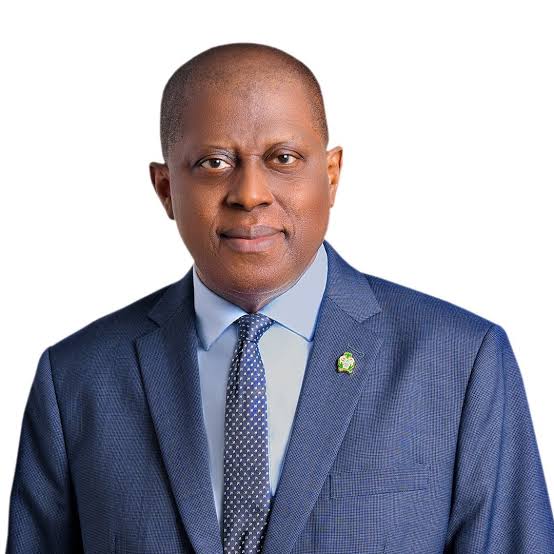By Prof. James Chinedu Ihemeje
The recent report by The New Diplomat (October 8, 2025) that “Central Banks Now Hold More Gold Than U.S. Treasuries” is both significant and instructive. For the first time in nearly three decades, the combined gold reserves of the world’s central banks have exceeded their holdings of U.S. government debt securities.
This shift underscores a quiet but profound transformation in global financial behavior. Central banks are clearly diversifying away from U.S. dollar-denominated assets, particularly Treasuries, into gold and other “hard” stores of value. This trend has been driven by three key concerns:
1. Geopolitical risk and sanctions fears — Many countries now view overdependence on the dollar system as a potential vulnerability.
2. Rising U.S. debt and fiscal imbalance — America’s debt ceiling crises and inflationary pressures have reduced confidence in its long-term fiscal stability.
3. Inflation and currency hedging — Gold offers stability when paper currencies lose purchasing power.
The global movement towards gold signals a gradual de-dollarization of international reserves. Nations such as China, Russia, India, and Türkiye have led this transition, using gold to secure their reserves against global uncertainty.
Implications for Nigeria
Nigeria, as a resource-based economy and member of the global financial system, cannot remain indifferent to this development. Our external reserves, traditionally dominated by U.S. dollars and Eurobonds, face potential exposure to the same risks now prompting others to diversify.
Currently, Nigeria’s gold reserves remain modest compared to our peers. This limits our ability to hedge effectively against dollar volatility or shifts in U.S. monetary policy. In times of economic instability or exchange rate pressure, over-reliance on the dollar-based reserve portfolio can increase vulnerability.
The implication is clear: Nigeria must rethink the composition of its foreign reserves to include more real, stable, and value-preserving assets. Gold, with its universal acceptability and inflation-resistant qualities, offers a credible alternative.
Policy Advice
1. Strategic Gold Accumulation
The Central Bank of Nigeria (CBN) should gradually increase the share of gold within its reserves through structured purchases — preferably from domestic artisanal and industrial mining sources. This would strengthen both reserves and the local mining value chain.
2. Reserve Diversification Framework
A comprehensive reserve management framework should be developed to define optimal asset mix — balancing liquidity, safety, and return. The framework must clearly stipulate the conditions under which gold accumulation or liquidation occurs, guided by economic indicators and risk exposure.
3. Partnership with Local Miners and Refiners
Nigeria should refine its gold locally before inclusion in national reserves. This requires partnership between the CBN, the Solid Minerals Development Fund (SMDF), and the Presidential Artisanal Gold Mining Initiative (PAGMI). Domestic gold sourcing promotes job creation and reduces capital flight.
4. Monetary Policy Coordination
The shift to gold reserves should align with Nigeria’s broader monetary policy objectives. Gold should not replace foreign currency holdings entirely but serve as a stabilizing hedge, especially during exchange rate turbulence.
5. Regional Leadership Role
Nigeria can position itself as a West African leader in gold-backed reserve management. By developing a transparent gold reserve strategy, Nigeria can inspire confidence in the naira and attract investors seeking stability in the sub-region.
6. Transparency and Governance
The CBN should publish periodic updates on reserve composition to build public and investor confidence. This transparency reduces speculation and reinforces institutional credibility.
Conclusion
The global shift from U.S. Treasuries to gold is not merely a reaction to American fiscal instability — it is a signal of a new financial order emerging around tangible assets and economic sovereignty.
For Nigeria, this presents both a challenge and an opportunity. The challenge is to adapt our reserve management and economic strategy to changing realities. The opportunity lies in building a more resilient, self-reliant, and gold-anchored financial foundation capable of withstanding global shocks.
By embracing a prudent diversification policy and investing in domestic gold production, Nigeria can strengthen her financial independence, stabilize the naira, and protect her future from the vulnerabilities of excessive dollar dependence.
Prof Ihemeje, a fellow of Chartered Institute of Bankers, teaches banking and finance at Michael Okpara University of Agriculture, Umudike, Abia State





